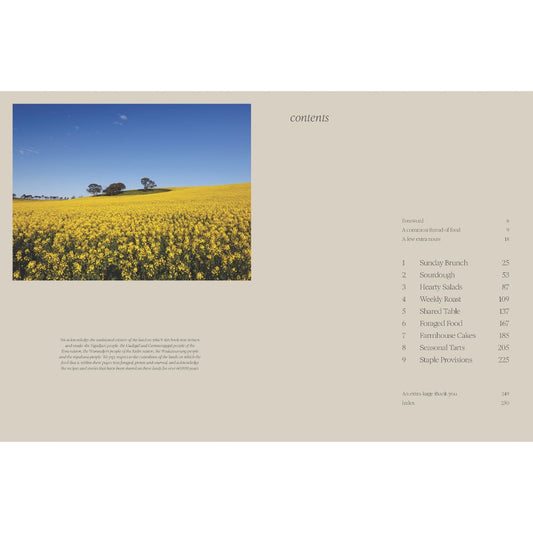
How to Make Your Own Rose Water
Ingredients
- Approximately 2 cups of dried organic rose petals
- Approximately 2 1/2 cups of distilled water - just enough to cover the rose petals
Method
- Place the dried rose petals into the saucepan and fill with enough distilled water to just cover the petals.
- Over medium-low heat bring the water to a simmer and cover.
- Gently simmer on medium-low for approximately 30 minutes or until the colour in the petals has faded. Turn the heat off and leave to cool completely with the lid on.
- Strain the rose water using a fine sieve, ensuring all petal residue has been removed. You'll be left with a beautiful rose coloured liquid.
- Pour your rose water into your desired bottles or containers and seal. It's now ready to use.
How to Use
This recipe makes enough to approx. fill 2 x 100ml glass bottles. Once made, store it in the fridge. Use within 15 days. Tip: You could always make a larger batch of rose water and keep it stored in a large sealed glass jar in the fridge. Then just simply top up your smaller bottles when needed. You can use this homemade rose water in so many ways. Here are a few ideas:- Facial toner: dampen a soft cotton facial cleansing pad with chilled rose water and dab it onto clean, dry skin. This beautiful infused water with its mild astringent properties will help tighten pores and gently tone the skin. To cleanse, just add a few drops of coconut oil to the pad with the rosewater and easily wipe away makeup, dirt and bacteria.
- Bath soak: add a cup of rose water to a warm bath water to unwind, relax and hydrate your skin. You'll leave the bath smelling like roses. As an added bonus, add some epsom salt to boost magnesium levels and soothe aching muscles.
- Moisturising hair conditioning spray: rose water is said to moisturise and hydrate dry, damaged hair, tame frizz, promotes hair growth and soothes scalp inflammation. It can also help prevent or reduce dandruff issues. Use rose water as a final conditioning rinse after shampooing, or spritz your locks throughout the day when needed.
- Face mask: mix rose water in with your kaolin white or pink clay for the ultimate skin smoothing and detoxifying face mask.
- Spring/summer cooling face spritz: store your rosewater in a spray bottle and keep it in the fridge. Give yourself a refreshing spritz when desired.
- Destress: stop and smell the roses. Spray a little rose water onto your pillow at night before sleep time. It will calm and relax the mind and you'll wake up feeling ready and refreshed to face the day.
- Natural perfume: rose water is super fragrant. So give yourself a good spritz throughout the day or in the evening before a night out and breathe in the intoxicating aroma of sweet roses.
Disclaimer
As with all our DIY recipes, you can experiment to suit your preferences. Many factors can change the end result, including temperature, humidity, light, ingredient quality. Some DIYs can be amended by remelting or adding ingredients, but some cannot. Please read the whole recipe before beginning and remember to have fun!
Biome cannot issue a refund if the DIY skin care product, DIY hair care product or DIY body care product you make using our raw DIY ingredients do not perform as you'd hoped. We will, however, offer a refund if the raw DIY ingredient packaging is broken or leaking, or the ingredient itself appears to be ‘off'.
Before using any raw DIY ingredient for the first time, please first research that ingredient's potential benefits as well as safety precautions and possible side effects. Check with your medical professional if you have any concerns.
If you have severe acne, very sensitive skin, or another skin concern or health condition, we recommend seeking medical advice before using any new product on your skin, whether that be a raw ingredient, a DIY product you've made yourself, or commercially formulated product.
Please exercise caution when using essential oils. If you are pregnant or have any kind of health or skin condition, we recommend you speak to your doctor before use. Essential oils are highly concentrated liquids, so use in moderation. Pure essential oils should never be used directly on the skin and should never be ingested. When using an essential oil for the first time, do a skin patch test. Each essential oil is unique and may not be suited to everyone. Please research potential benefits as well as safety precautions before using any essential oil. Some essential oils may interfere with medication. Check with your medical professional if you have any concerns.



































